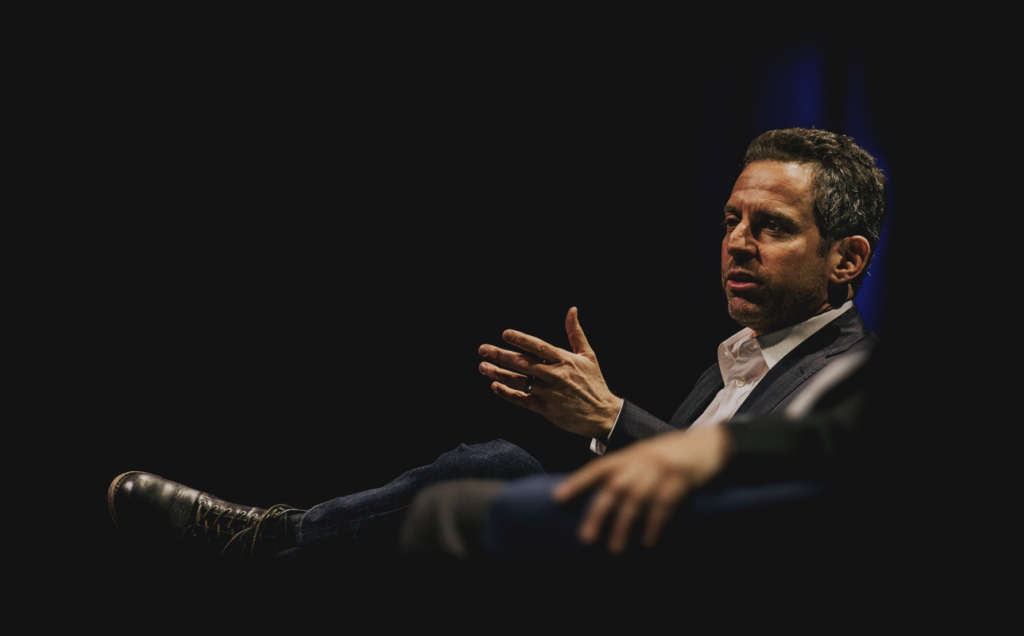An imported "oppressor-oppressed" ideology ran smack-dab into the intensely democratic and egalitarian Australian political order.
The Golden Age of Podcasts and Sam Harris's Waking Up
If I look back at my activities, I would say that one of the biggest changes has been the increased time I spend listening to podcasts. I used to regularly listen to The Great Courses lectures (previously known as The Teaching Company). But in recent years, I spent almost all of my free listening time accessing podcasts.
And with good reason! Some of the best discussions are on podcasts. This is clearly true of intellectual pursuits, where one can listen to high level discussions of important topics by extremely smart and entertaining people. But it is not merely intellectual pursuits that are the subject of podcasts. It is any specialized area, where the internet has traditionally connected people interested in such niches. I am interested in NBA basketball, especially from an analytics perspective. I can now have access to podcasts from the popular Bill Simmons, but also from the less well known Dunc’d On podcast.
But the intellectual sphere is what I want to emphasize here. I should start with two of the Liberty Fund podcasts. There is, of course, Richard Reinsch’s excellent Liberty Law Talk podcast as well as the equally interesting Econtalk, hosted by Russ Roberts. But there are many others, including Conversations with Tyler and the Wright Show from Robert Wright.
My new favorite podcast is Waking Up with Sam Harris. Until a couple of months ago, I had only known of Harris as one of the new atheists – one who I had not read or listened to. Since that time I have discovered that Harris is much more than that. While I have still not listened to much about his atheism – and therefore cannot assess his particular arguments in that sphere – I have listened to his podcast in a variety of other areas. Whatever area one listens to, however, I am confident that the discussion is at a high level.
Harris’s overall political orientation is clearly liberal, but unlike so many other people of our age, he is not tribal. He calls them as he sees them, and he often sees them differently than other liberals. He is a strong advocate of reason and the freedom to espouse it. Thus, he strongly condemns identity politics, and that often gets him into trouble with other liberals.
In an act that is almost unique in our age, Harris invited Charles Murray on to his podcast to discuss Murray’s work generally and on the Bell Curve in particular. Harris had concluded that Murray had been unjustly vilified by SJWs and the academic liberal community generally to an unprecedented degree. Harris had realized that years before, he had refused to participate in a symposium because Murray was involved. But later he read Murray’s work and concluded it was virtually all mainstream. Murray had been treated unfairly.
What happened? Exactly, what Harris could have predicted. He was attacked by a variety of SJWs – both on Twitter and on Vox, including by SJW scientists. Vox editor Ezra Klein eventually debated him on the podcast, and it was clear that Klein felt it was acceptable to attack Harris in order to promote the cause of social justice.
I find Harris quite interesting, because there are a number of issues where I agree with him and a number where I don’t or am not sure. It is with smart thinkers of this type that I have found you can learn the most. He does not talk much, if at all, about economics. My sense is that if he had my view of economics – if he were a Hayekian – he would be a kind of libertarian. But even though he is not a libertarian – or perhaps because of it – there is so much of interest in what he says.



